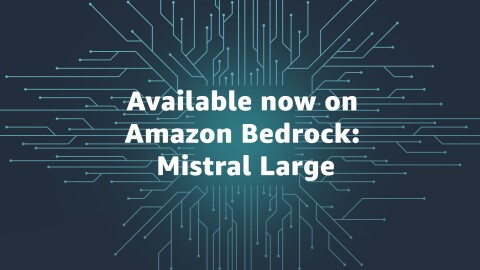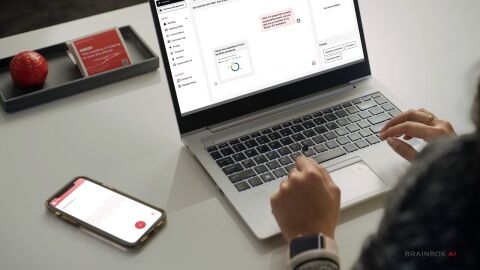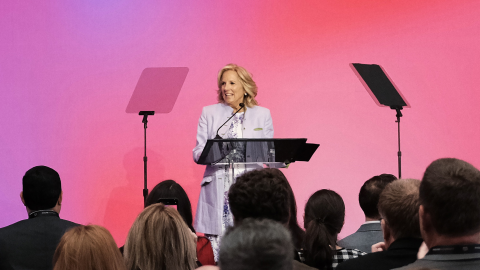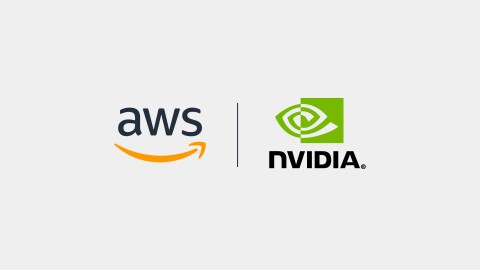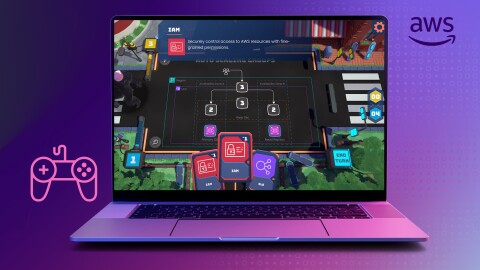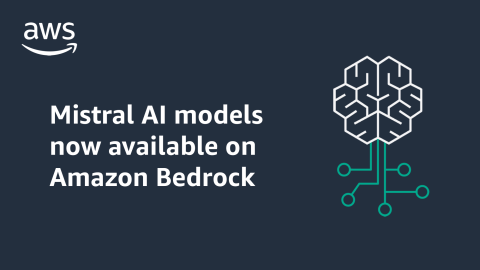An educational lab focusing on the connections between scientific topics and cultural traditions aims to encourage a new generation of environmental leaders in Oregon.
Developed by the Confederated Tribes of Umatilla Indian Reservation (CTUIR) with support from Amazon Web Services (AWS), the new lab will focus on how to prepare, protect, and preserve the cultural continuity of “first foods”—traditional foods eaten by native communities that have provided sustenance and promoted health for generations. Scientists, botanists, hydrologists, linguists, singers, gatherers, fisherman, and hunters will be among the experts delivering a range of hands-on after-school classes designed to help students explore cultural science, technology, engineering, and mathematics.
The lab, the first of its kind to be created in collaboration with an indigenous community, is one of a series of AWS Think Big Spaces, designed to offer a place beyond the standard classroom for young people to cultivate an interest in science, technology, engineering, the arts, and math (STEAM) and STEAM-related careers. Think Big Spaces are one of the AWS InCommunities initiatives, a community outreach program established by AWS to make a positive impact in local communities where the company operates data centers.
“This is a unique opportunity for our students, families, and tribal descendants to extend their learning and examine how they connect to our teachings, history, land, and food traditions,” said Kat Brigham, chair of the CTUIR Board of Trustees. “We hope this approach empowers a new generation of students to think creatively about complex problems that impact our communities.”
Everything in the lab, which features a range of AWS technologies and a series of images celebrating first foods, is designed to support interactive learning—including technical cloud computing training. Although primarily aimed at young people, the lab is open to the community, providing opportunities for everyone to experiment, fail fast, and think big to solve real-world problems.
The CTUIR space is the second Think Big Space in Oregon, following the 2021 launch of a lab at the Port of Morrow’s Sustainable Agriculture and Energy Center, a community center with links to local schools.
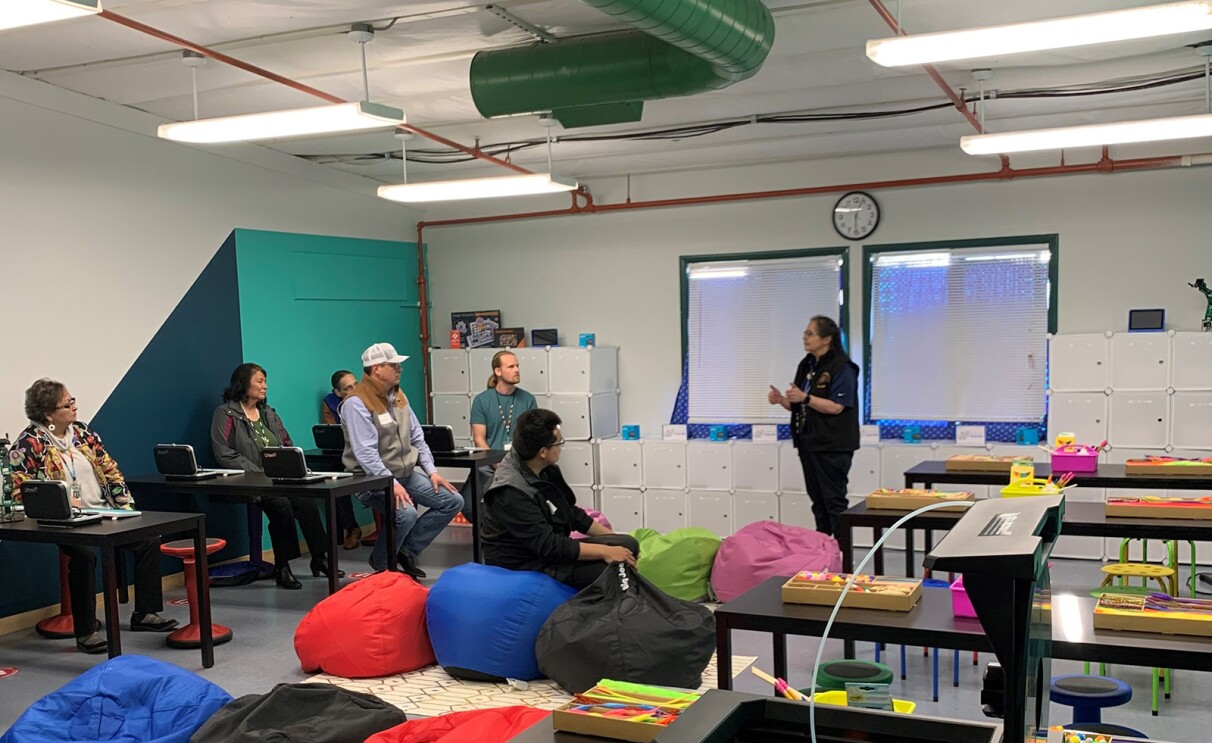
The new space is also one of several initiatives between AWS and the CTUIR. Another is the creation of the first online version of the Umatilla Language dictionary as a way to preserve the Sahaptian language, spoken by Indigenous communities in the Columbia Plateau region of Washington, Oregon, and Idaho. This digital dictionary, previously only available in book and CD format, is widely used by students and community members. To find out more about AWS InCommunities, visit AWS and Community Outreach.
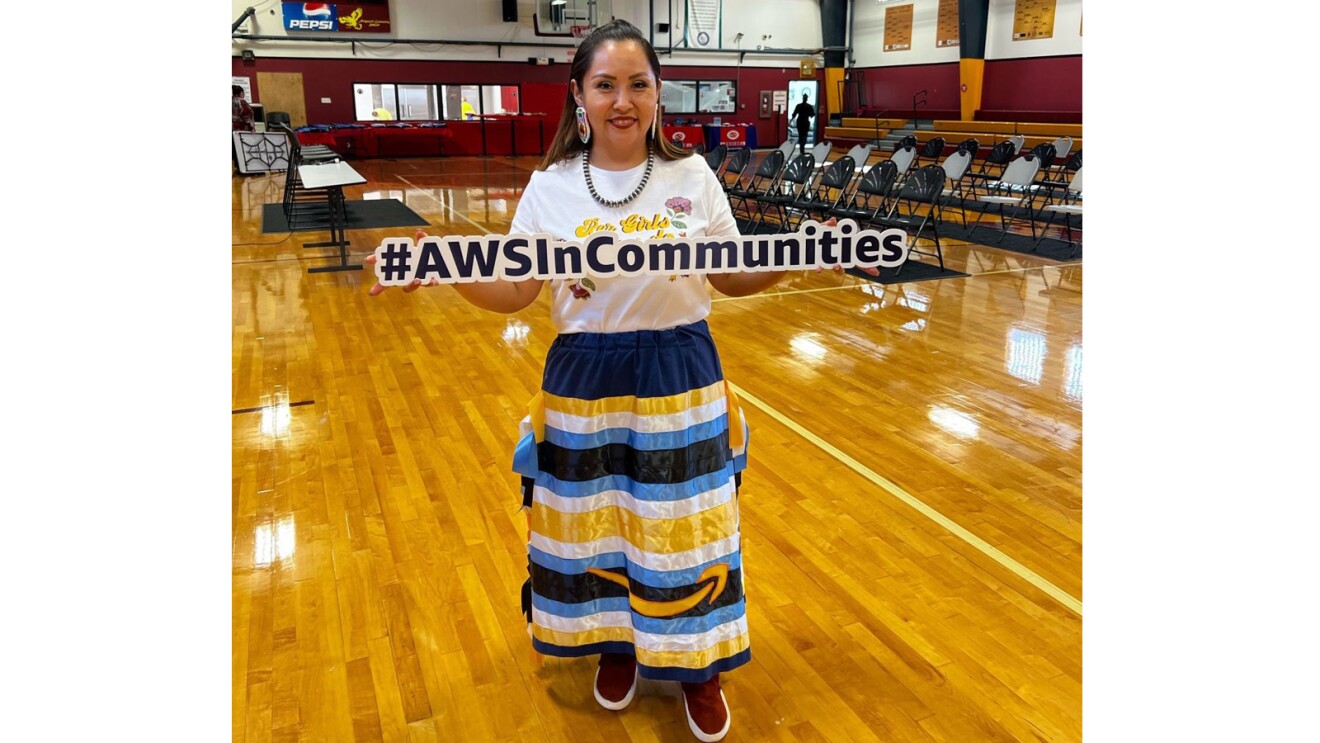
AWS Think Big Spaces are...
- Dedicated physical spaces located inside a school or designated community area that provide students, educators, and community members with hands-on technical education and cloud computing training.
- Integrated environments where everything from the furniture, technology, and curriculum work together to support interactive hands-on learning.
- Developed in collaboration with local organizations. Each organization is encouraged to think big about the goal of the space for its particular community.
- Named in reference to Think Big, one of Amazon’s 16 Leadership Principles.
- Five Think Big Spaces (and 16 satellite spaces) in U.S. communities where AWS has a presence.






